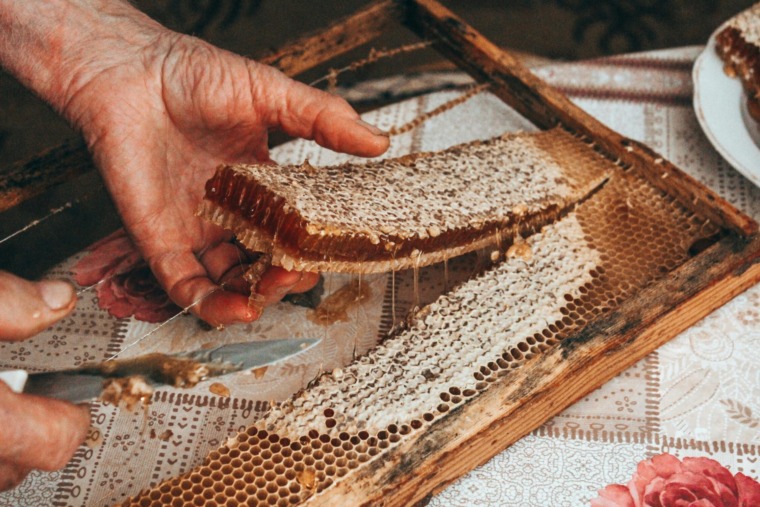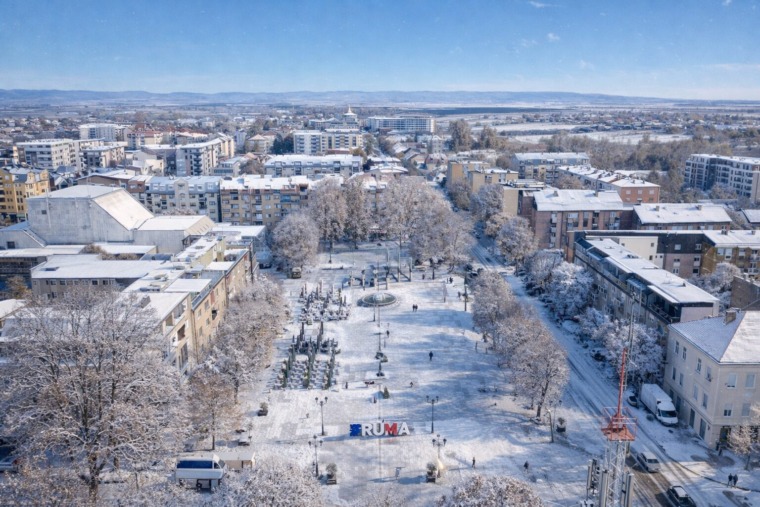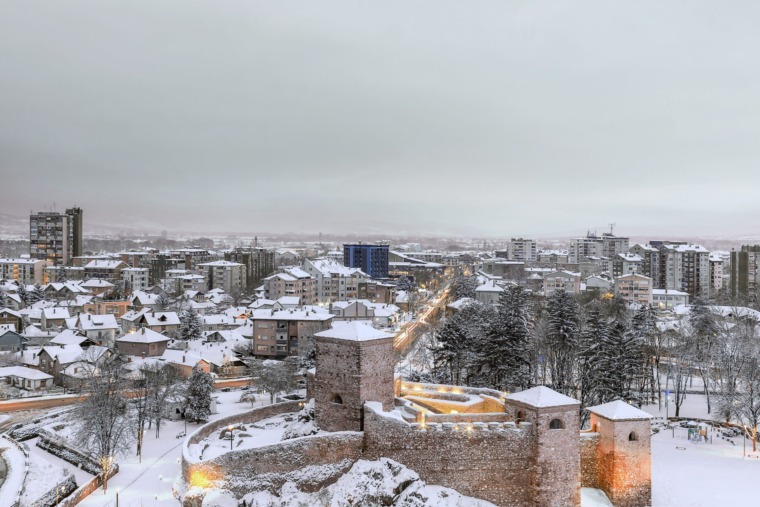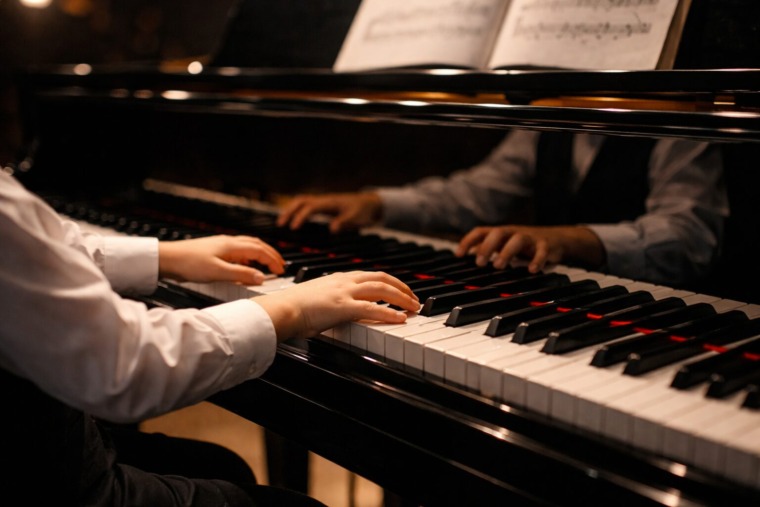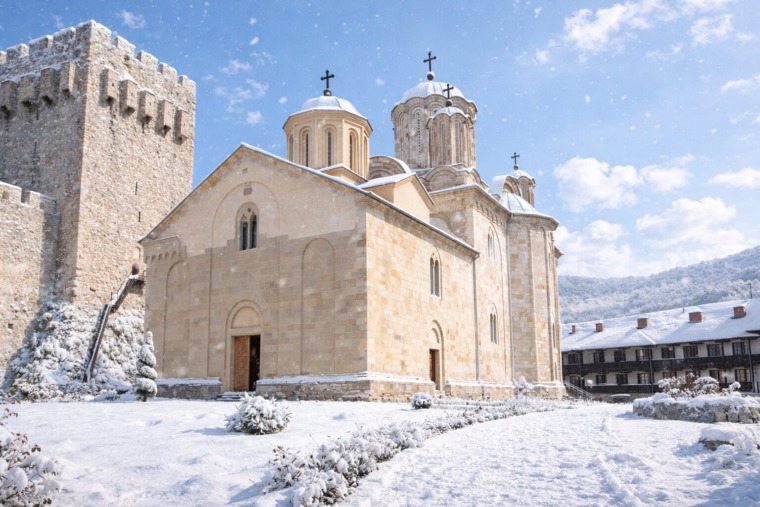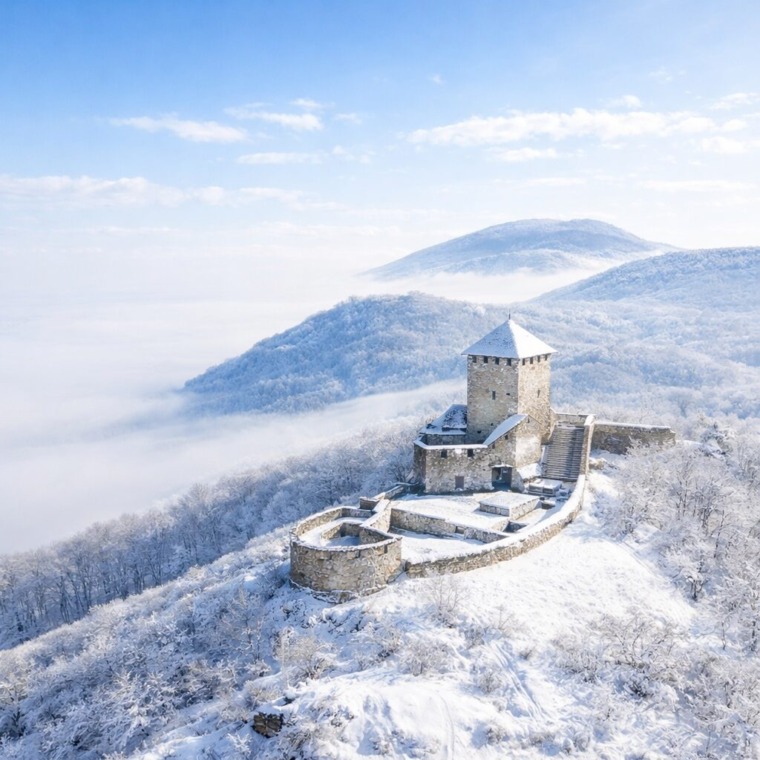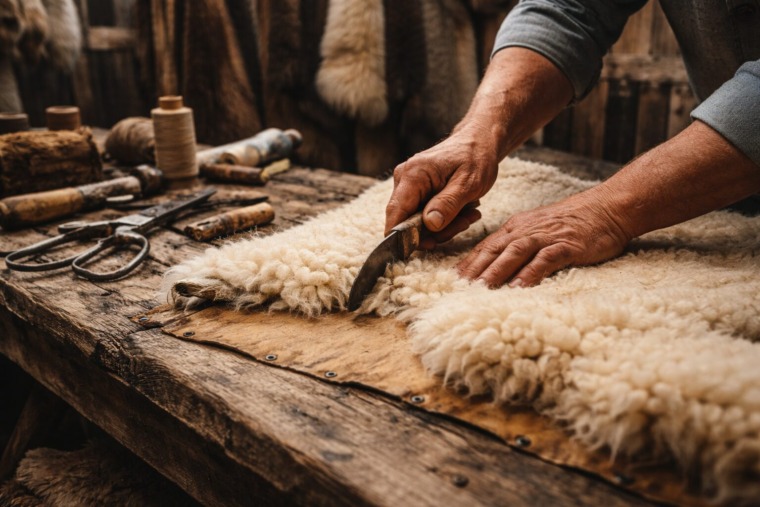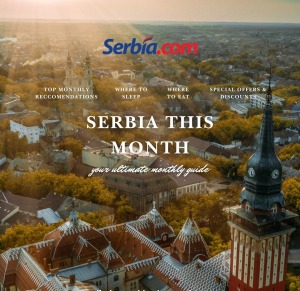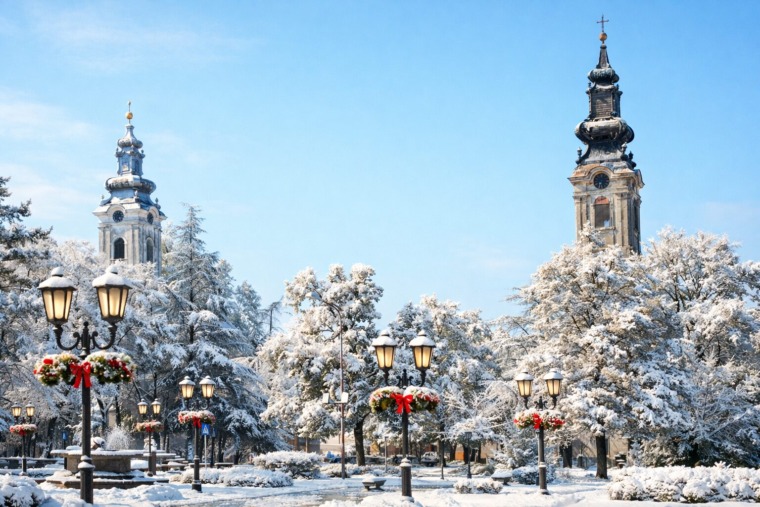
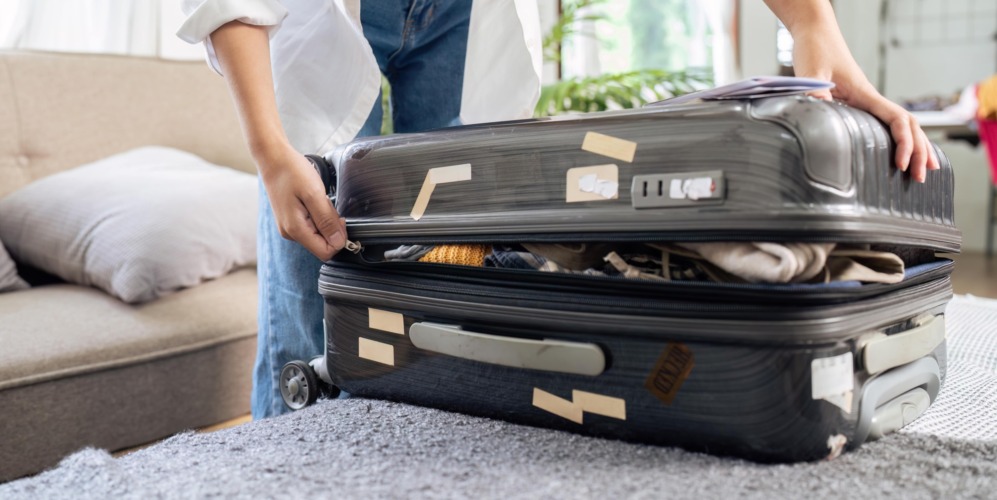
Thinking about moving to Serbia? This Southeast European country is becoming an increasingly popular destination for digital nomads, retirees, entrepreneurs, and anyone looking for a more affordable and culturally rich lifestyle.
Serbia’s vibrant cities, stunning nature, and welcoming atmosphere make it an appealing choice. However, relocating here requires good preparation and knowledge of local regulations.
Below is a comprehensive guide on how to move to Serbia, covering all the essential steps, documents, tips, and recommendations.
1. Understanding Why Serbia Is a Great Choice
Before diving into the logistics, it’s important to understand why many people choose Serbia as their new home:
- Cost of living – Serbia is significantly cheaper than most Western countries. Housing, food, transportation, and utilities are affordable.
- Lifestyle and culture – From Belgrade’s nightlife to rural traditions, Serbia offers a unique mix of modern and authentic Balkan life.
- Nature and outdoor life – Mountains, rivers, national parks, and thermal spas are everywhere, making Serbia ideal for nature lovers.
- Connectivity – Serbia is in the heart of the Balkans, with good access to the EU, Turkey, and the Middle East.
- Growing expat community – Many foreigners are now moving here, especially in Belgrade, Novi Sad, and Niš.
2. Do You Need a Visa?
Your first step is determining whether you need a visa to enter Serbia.
- EU and Schengen countries – Citizens can enter visa-free for up to 90 days within a 180-day period.
- USA, UK, Canada, Australia – No visa required for short stays (90 days).
- Other countries – Check the visa requirements on the official website of the Serbian Ministry of Foreign Affairs.
3. Types of Residence Permits
If you want to stay longer than 90 days, you must apply for a temporary residence permit (privremeni boravak).
Reasons for obtaining a permit include:
- Employment in Serbia.
- Studying at a Serbian university.
- Family reunification (marriage or family ties).
- Business or investment (starting a company).
- Real estate ownership.
Steps to get a residence permit:
- Apply at the nearest police station before your visa-free period expires.
- Prepare documents, including:
- Valid passport and entry stamp.
- Proof of accommodation (rental contract, property deed, or hotel confirmation).
- Proof of sufficient financial means.
- Health insurance valid in Serbia.
- Reason for staying (employment contract, university enrollment, etc.).
- Pay the application fee.
4. Finding a Place to Live
- Rental market – Apartments in Belgrade can cost from €300–700 for a one-bedroom, while smaller cities are much cheaper.
- Websites and agencies – Popular platforms include Halo Oglasi, Nekretnine.rs, and City Expert.
- Tip: Learn some Serbian phrases or take a local with you, as many landlords don’t speak English.
5. Healthcare and Insurance
Serbia’s public healthcare is available, but expats often prefer private healthcare due to shorter waiting times. You need health insurance coverage to apply for a residence permit. Many opt for international or local private plans.
6. Banking and Finances
- Open a local bank account (Raiffeisen, UniCredit, Banca Intesa) – required if you plan to work or start a business.
- Currency – The Serbian dinar (RSD) is stable and widely used, but euros are often accepted for big purchases.
- Digital nomads – You can work online and withdraw money via international banks, but local accounts can help save on fees.
7. Cost of Living
Serbia is budget-friendly:
- Rent (1-bedroom) – €250–700 depending on the city.
- Utilities – €80–150/month.
- Dining out – A meal at a nice restaurant is around €10–15.
- Public transportation – A monthly pass costs around €20–30 in larger cities.
8. Learning Serbian
While younger generations speak English, knowing basic Serbian will make life much easier. Language apps (Duolingo, LingQ) or private tutors are great for beginners.
9. Working or Starting a Business
- Work permits are tied to residence permits. Your employer typically sponsors your application.
- Freelancers and digital nomads – Serbia is attractive due to low living costs and high-speed internet.
- Entrepreneurs – Setting up a company in Serbia is straightforward, and taxes are relatively low (15% corporate tax).
10. Cultural Tips and Lifestyle
- Hospitality – Serbians are warm and welcoming. Expect to be offered coffee and rakija (local brandy).
- Food culture – Traditional meals include ćevapi, burek, sarma, and homemade bread.
- Holidays – Orthodox traditions are strong, with holidays like Slava and Easter celebrated in a big way.
- Safety – Serbia is generally safe, with low crime rates compared to Western Europe.
11. Transportation and Driving
- Public transport – Buses and trams are widely available in larger cities.
- Driving – You can use your international driving license for up to 6 months. After that, you may need to exchange it for a Serbian one.
12. Useful Resources
- Government websites: MUP Serbia (Ministry of Interior) for residence permits and legal matters.
- Expat forums and groups: Facebook groups like Expats in Belgrade or Digital Nomads Serbia can provide advice.
- Relocation agencies: They can assist with paperwork, translation, and finding housing.
13. Final Tips for a Smooth Move
- Start your paperwork early – Serbian bureaucracy can take time.
- Carry multiple copies of documents – translations into Serbian may be required.
- Be patient and polite – personal relationships go a long way in Serbia.
- Visit before moving – Spend at least a few weeks exploring different cities (Belgrade, Novi Sad, Niš, Subotica) to see which fits your lifestyle.
If you need assistance with applying for a visa and obtaining a work permit, our team can help you. Fill out the form below and get in touch with us.

